The Black Sea has turned into a literal minefield due to the ongoing conflict between Russia and Ukraine.
These mines pose a significant danger to civilian ships, disrupt Ukrainian grain exports, and threaten the maritime routes of neighbouring countries.
In response, NATO members Bulgaria, Romania, and Turkey have joined forces to tackle this urgent issue through the Mine Countermeasures Task Group Black Sea (MCM Black Sea).
The initiative began when Turkey proposed a coalition to clear the mines in August 2023, leading to the formal establishment of MCM Black Sea by January 2024. This coalition aims to remove the mines laid during Russia’s invasion of Ukraine, which now present severe risks to ships and hinder navigation due to a Russian blockade.
Turkey’s ambassador to Romania, Özgür Kıvanç Altan, highlighted the importance of collaboration with strategic partners. Romania also underlined the increased threat from floating mines and the need to ensure safe navigation and protect its population.
Starting in July 2024, the operation will deploy demining ships, patrol vessels, helicopters, and drones from Turkey, Romania, and Bulgaria, with Turkey taking a leading role. This initiative remains open to other NATO members, recognising that clearing the extensive mine contamination requires broad international cooperation. Romanian Foreign Minister Luminița Odobescu and other officials have expressed hopes to expand this collaboration to include more NATO allies in the future, presenting a strong united front against maritime threats from Russia.
Advanced technology, such as unmanned vessels equipped with specialised mine detection gear, is central to this demining strategy. Despite limited resources, Ukraine contributes with modern equipment, particularly naval drones, which have proven highly effective. At international forums like the Black Sea Security Conference, Ukrainian officials have called for a comprehensive NATO strategy for the Black Sea, highlighting the critical role of demining efforts for regional and Euro-Atlantic security.
Commodore Steven Banfield underscored the importance of these demining operations during NATO’s mine-hunting Exercise Sea Breeze. He also noted Ukraine’s involvement in these exercises, part of a broader support effort for Ukrainian allies. Banfield pointed out that the Black Sea is a major strategic maritime hub with significant mine threats and that future collaboration, including potential UK involvement through advisory roles and training, is crucial for addressing these challenges.
Banfield stated that the demining effort is not just a regional issue but a global one, affecting the free flow of maritime trade and, consequently, the global food supply. He discussed the Maritime Capability Coalition, aimed at developing a capable Ukrainian Navy that can work seamlessly with both Black Sea and international allies. The UK is set to lead this coalition alongside Norway.
Reflecting on the scale of the challenge, Banfield remarked, “Ukraine, supported by the Allies, faces a huge task: demining an estimated over 800 square kilometres of minefields in the Black Sea.” He stressed the global stakes, stating, “Ensuring the free flow of trade to and from Ukrainian ports through the demining of Ukrainian waters is a truly global issue.”
Despite initial progress, clearing the Black Sea of mines is expected to take up to five years. This enormous task requires ongoing international cooperation and support. The legal and operational complexities of such a multinational effort need careful handling, with options including a UN Security Council Chapter VII mandate or a UN General Assembly-authorised mission.
The joint demining initiative in the Black Sea is a crucial step towards mitigating the maritime threats from the Russia-Ukraine conflict. The collaboration between Bulgaria, Romania, and Turkey, with potential support from other NATO members, underscores the importance of collective security efforts to restore safety and stability in the Black Sea.
The future of this effort depends on sustained international cooperation, technological innovation, and strategic foresight. However, the long-term success of these efforts requires continued international support and investment in regional security frameworks.
We aim to deliver accurate and timely news on defence matters at the UK Defence Journal. We rely on the support of readers like you to maintain our independence and high-quality journalism. Please consider making a one-off donation to help us continue our work. Click here to donate. Thank you for your support!
To sign up for our newsletter, click here


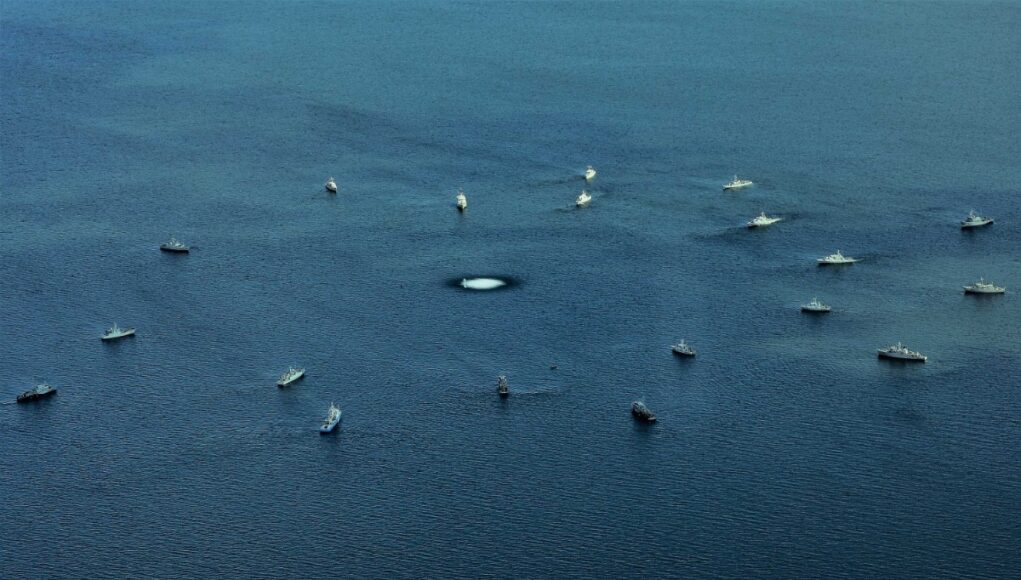


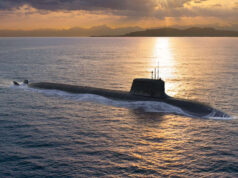
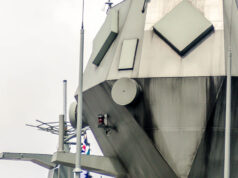
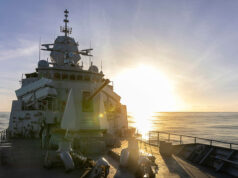
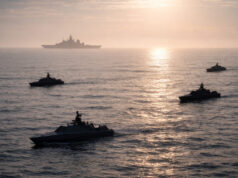
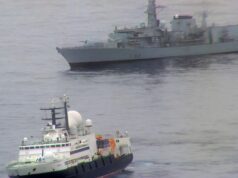
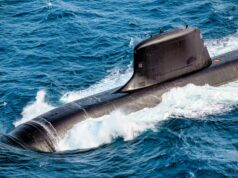
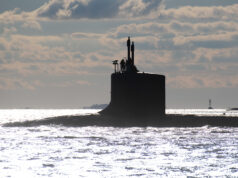


A nice exercise for Sterling Castle?
In many ways its perfect timing; before we scrap the rest of the MCMVs, commit them in bulk to the Black Sea. Draft in Ukrainian and other NATO sailors as collaborative training while also conveniently covering some of our manpower shortages.
As the ships wear out, offer them at a discounted rate (with a refit in a UK yard) to our allies in the region, who will then already be familiar with the ships.
How is this achieved when Turkey is required by Treaty to prevent warships entering the Black Sea?
Since only Ukraine and RF are the combatants prohibited by the Montreaux Treaty the MCM vessels must be ‘sold’ to the non combatants
Romania, or Bulgaria to enable the Mine Countermeasures Task Group Black Sea.
If they decide to gift them to Ukraine later, there would be no issue…
Presumably no issue with Royal Navy support on training and operational conversion in Romania, or Bulgaria after delivering the vessel.
Thanks. That makes sense.
5 years to clear?
And the rest…
We are still finding WW1 mines in the Baltic!
Amazing. Are WW1 mines still capable a century later?
I’m guessing they are more dangerous without any certainty on their explosive or fuses..